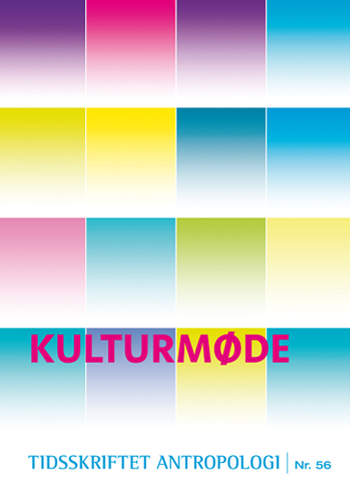LOST – AND GAINED – IN TRANSLATION: Kulturel oversættelse som transformativt rum
DOI:
https://doi.org/10.7146/ta.v0i56.106784Resumé
In the article we approach the topic of cultural encounter through the concept of
cultural translation and argue – in line with postcolonial theorists like Homi
Bhabha – that this concept is far more open to minority positions than the Danish
concept of ‘kulturmøde’ (literally: the meeting of cultures), and that it brings into
focus creativity, negotiation and transformation, rather than the usual debate about
integration or assimilation. All societies undergo a constant process of cultural
translation and any translation involves an aspect of violence, but it also opens
up transgressing and transformative spaces, where ‘newness enters the world’.
The aim of the article is to introduce the panorama of possibilities in which cultural
translation may be understood and illustrate the breadth of application of the
available analytical concepts. The empirical examples are taken from China and
Greenland; structurally two very different situations, but sharing the fact that
Western culture was seen as superior and therefore introduced by local intellectuals
as a means to achieve equality and progress. However, as Orhan Pamuk
has tried to illustrate in the novel Snow, a narrative of loss can be constructed as
a result of resentment or fear at the sense of having been (culturally) translated
into something alien. Pamuk’s novel points to the serious conflicts involved in the
process of cultural translation. Transformation and manipulation, deduction from,
and addition to, cultural heritage and identity are something quite more than merely
an innocent ‘meeting’ of different cultures.
Downloads
Publiceret
Citation/Eksport
Nummer
Sektion
Licens
Ophavsretten til artiklerne i Tidsskriftet Antropologi tilfalder forfatteren.
Artikler publiceret i Tidsskriftet Antropologi må citeres, downloades og videresendes for ikke-kommerciel brug, under forudsætning af normal akademisk reference til forfatter(e) samt tidsskrift, årgang, nummer og sider. Artiklerne må kun genudgives med eksplicit tilladelse fra forfatter(e) og tidsskriftet.


